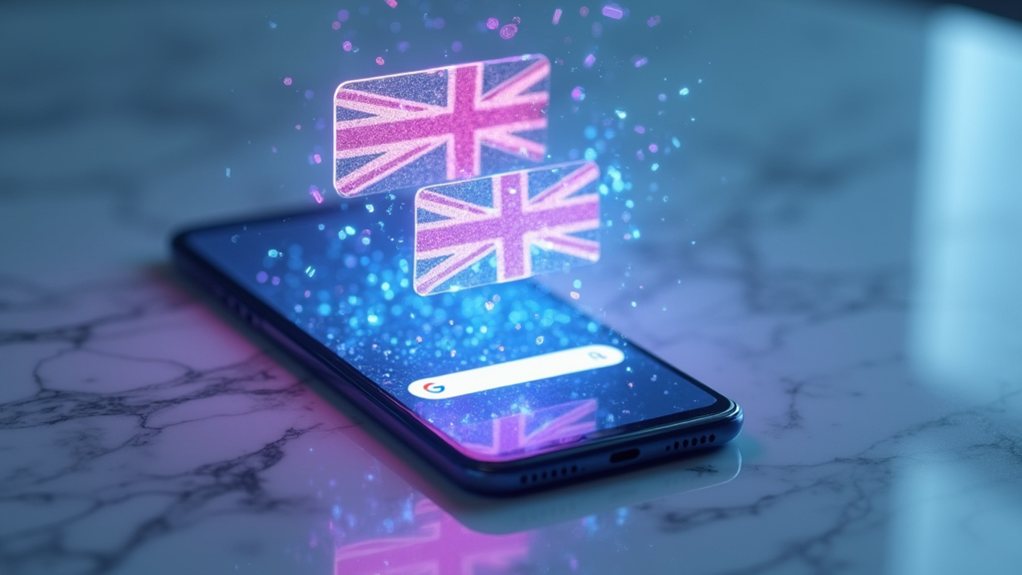Apple’s going all in on *on-device AI*, complete with live translations that work offline, snazzy visual tricks, and privacy so tight even Mark Zuckerberg’s sweating—sorry, Zuck. Meanwhile, Amazon’s sneaking its robot army past a home milestone (Skynet vibes, anyone?), and the Senate, ever the plot twist, says “pause AI? Nah, let’s keep rolling.” Silicon Valley’s watching as Apple bets that fast, private AI will shift the game. Wonder what surprises—or headaches—this industry shakeup brings next?
most of the magic happens right there, in your pocket, without needing an internet connection. Live Translation is now a thing, so you can sound like a local (or at least try to).
There’s also more visual intelligence, which basically means your phone “sees” better, from call screening to real-time image analysis. Need a summary of a wall of text? Apple Intelligence does it instantly—no cloud, no wait, no data leaving your device. In fact, Apple’s new foundation models framework lets developers build apps that can leverage advanced AI features right on your device.
Developers aren’t left in the cold, either. Apple’s inviting them to play with its on-device AI models. So, expect apps that actually *respect* your privacy. Shocking, right? Developers can access the on-device foundation model, making it possible for third-party apps to tap into Apple’s fast and private AI without relying on external servers.
Shortcuts are now supercharged with Apple Intelligence, which means your automations can get a lot smarter—and maybe a little sassier. This approach represents a distinct shift toward narrow AI applications that excel at specific tasks while prioritizing user privacy.
Shortcuts just got a serious upgrade—think smarter automations with a dash of personality, courtesy of Apple Intelligence.
In contrast to Google and Microsoft, who are still all-in on the cloud, Apple’s doubling down on privacy as its competitive edge. It’s a risky move, but one that’s already got privacy hawks and user-security obsessives nodding in approval.
Is it enough to pull users away from the server farms of Big Tech? Time will tell.
One thing’s certain: the industry is watching. Apple’s privacy-first, device-centric gamble could be the thing that finally tips the AI arms race—and maybe, just maybe, makes talking to your devices feel a little less creepy.









